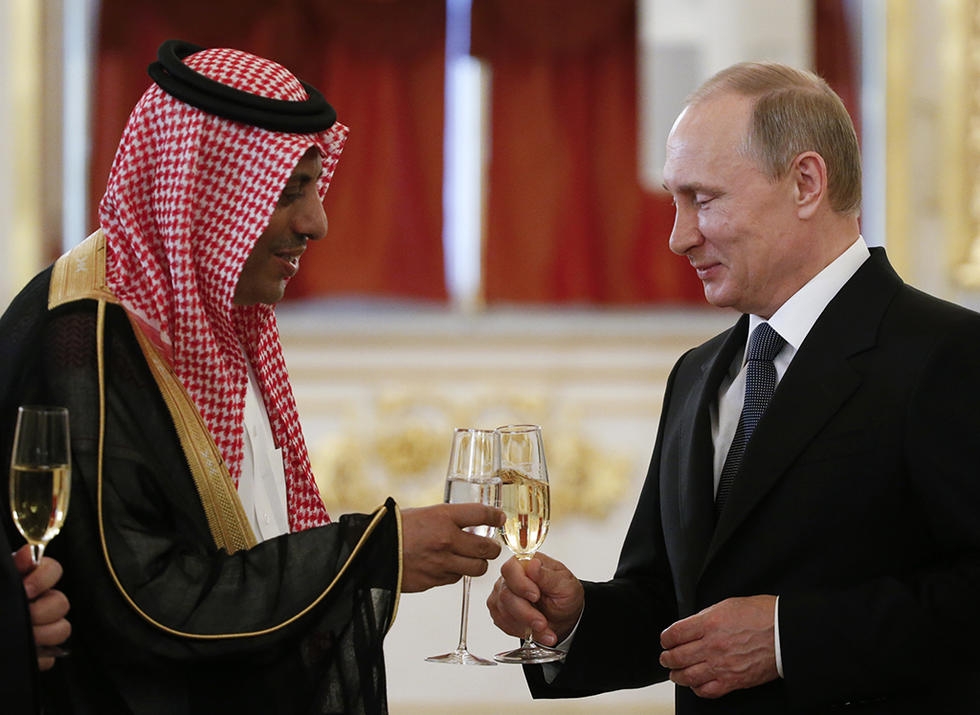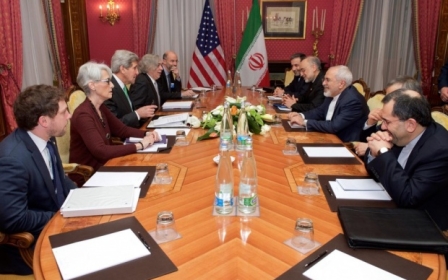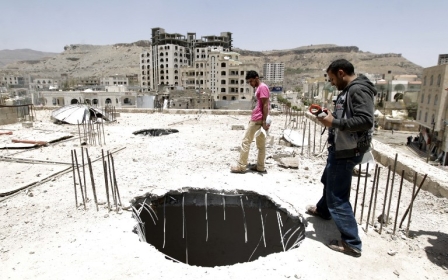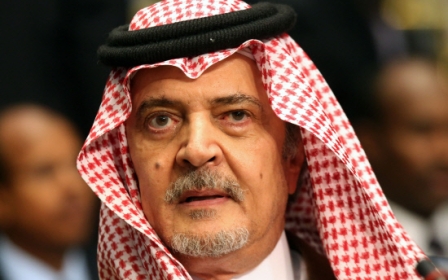Saudi Arabia and Russia agreed to trade votes on the UNHRC

A leaked diplomatic cable has revealed that Russia and Saudi Arabia agreed to trade votes for spots on the UN Human Rights Council.
In a document hosted by WikiLeaks as part of its staggered release of 500,000 files taken after an electronic attack on the Saudi Foreign Ministry, the Permanent Mission of Saudi Arabia to the United Nations proposed an “arrangement of reciprocal support to the candidature of the Government of Russia to the Human Rights Council on the understanding that the Government of Russia would also extend its valuable support to the candidature of Saudi Arabia” in the elections to the body held in May 2013.
Both countries have been criticised for human rights abuses in the past and the revelations in the cables have confirmed for some commentators the irregularity of the UNHRC’s selection process.
“Ever wondered how the world's worst regimes get on the UN Human Rights Council?” questioned executive director of UN Watch in Geneva, Hillel Neuer, on Twitter.
“Now we know.”
Though Saudi Arabia and Russia have often been at odds internationally - most notably backing different sides in the Syrian Civil War - the two countries have worked in tandem in other areas.
Last week, the 29-year old Deputy Crown Prince Mohammed bin Salman travelled to Russia to discuss a variety of diplomatic issues, most significantly the signing of a cooperation agreement on the production of nuclear energy.
According to Rosatom, the press service of the Russian nuclear agency, future joint projects could involve the construction of nuclear power reactors, provision of services in nuclear fuel cycling, including in nuclear power stations and research reactor facilities.
“I have the honour to pass on an invitation to visit the kingdom of Saudi Arabia, as we regard Russia as one of the important states in the contemporary world, and our relations have roots in the past,” Prince Mohammed said.
“We will aim to develop bilateral relations in all sectors,” he added.
He also noted that Russia had in 1926 been the first country to recognise Hijaz, the statelet that would eventually become Saudi Arabia.
The two countries also discussed the war in Yemen, with the Saudis attempting to push Russia into backing their stance against the Houthi militiamen, against whom the kingdom is currently leading a bombing campaign with the goal of reinstating exiled President Abd Rabbuh Mansour Hadi.
Moscow previously abstained in a vote on UN Security Council Resolution 2216 that called for the Houthis to withdraw from the Yemeni capital of Sanaa.
Saudi Arabia has previously been censured for its human rights record - notably breaking its own record this year for its 100th beheading in a year.
Russia has also been criticised over its involvement in the crisis in Ukraine and its clampdown on LGBT rights at home.
Middle East Eye propose une couverture et une analyse indépendantes et incomparables du Moyen-Orient, de l’Afrique du Nord et d’autres régions du monde. Pour en savoir plus sur la reprise de ce contenu et les frais qui s’appliquent, veuillez remplir ce formulaire [en anglais]. Pour en savoir plus sur MEE, cliquez ici [en anglais].




